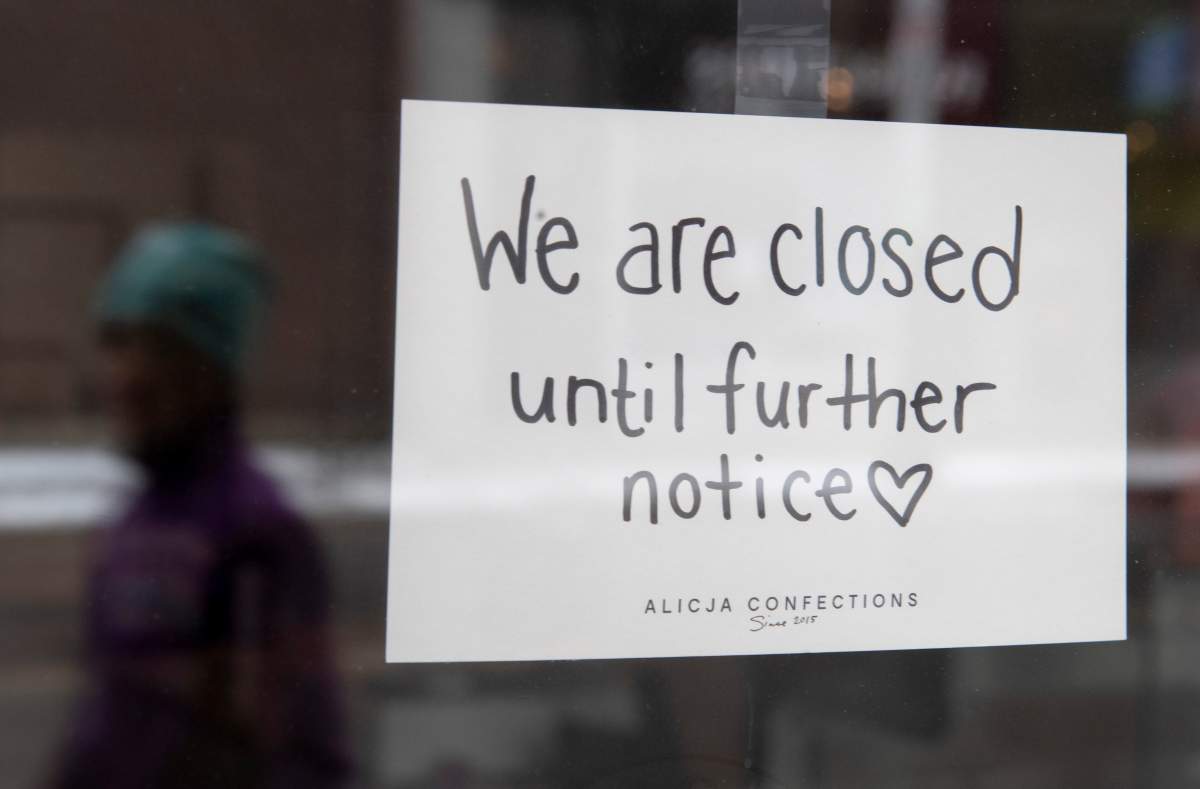Ottawa’s elected and public health officials are pushing to reopen the city’s small businesses and in-person school as levels of the novel coronavirus in the nation’s capital appear to be declining.

Ottawa Public Health reported 73 new cases of COVID-19 in the city on Wednesday.
While the latest daily increase is a jump from recent reports of 58 cases on Monday and 23 cases on Tuesday, the number of active COVID-19 cases and other monitoring indicators are trending downward.
Ottawa’s percent positivity dropped to 2.6 per cent as of Wednesday, down from three per cent in the previous week.
Data from the city’s wastewater system also suggest levels of the coronavirus in the community are no longer surging as they were in December.

Ottawa’s medical officer of health, Dr. Vera Etches, who has been vocal about her confidence in reopening the city’s schools for in-person learning, said in a press conference on Wednesday that she made her case to Ontario’s Education Minister Stephen Lecce during a call with Mayor Jim Watson on Tuesday.
Watson said it was a “cordial call” and he looks forward to hearing an update this week on when and if Ottawa students can return to the classroom.

Get weekly health news
Etches said OPH is looking into rapid testing options to see if the technology could be applied on a “smaller scale” in schools to help alleviate concerns of viral spread in the classroom.
Earlier in the day, Ottawa city council unanimously passed a motion asking Watson to write to Premier Doug Ford about changing the rules of the provincewide lockdown to level the playing field between big-box stores and small businesses.
The motion from Bay Coun. Theresa Kavanagh was seconded by Watson, who reiterated his complaints Wednesday that big-box stores such as Walmart and Costco are allowed to stay open as essential businesses under the premise of selling groceries, but are still allowed to sell non-essential goods. That creates an unfair advantage over small retailers in the city who are forced to close their doors and rely on online and curbside pickup orders to get by.
Watson also cited big-box stores as magnets for crowds.
Provincial offences officers who conducted an enforcement blitz in Ottawa over the weekend issued 27 tickets and 18 orders to big-box stores found to be non-compliant with the Reopening Ontario Act, according to the Ministry of Labour.
Watson said he wasn’t surprised by the number of offences and questioned the province’s strategy in announcing the blitz ahead of time.
“There probably would’ve been more charges if they hadn’t given advance notice they were coming,” he said.
Instead of calling on the province to first and foremost restrict sales of non-essential goods at big-box stores, Kavanagh’s motion was reworked at council to instead encourage the province to allow small businesses to reopen with the same 25 per cent capacity limit as is currently afforded to the larger players.
If that direction is rejected, city council instructed Watson to express his support for closing off sections of the big-box stores, a model that has been adopted in Manitoba and Quebec.
“If we can’t have a level playing field, these small businesses are going to hurt even more than they have been,” Watson said.










Comments